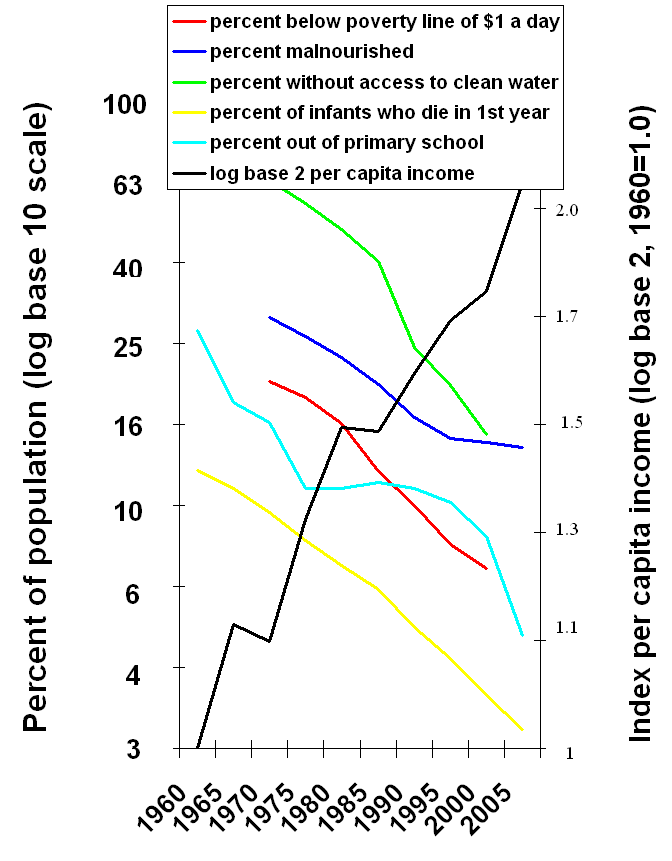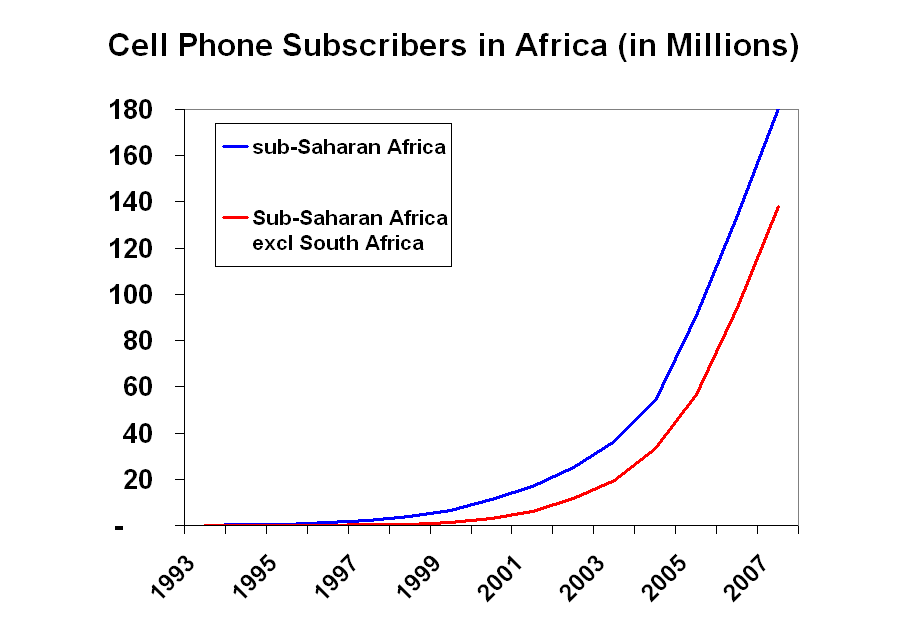European donors are moving towards increasing direct budget support to governments of aid-receiving countries. Leading the charge is the UK, which gives the largest percentage of direct budget support of any bilateral or multilateral donor (although the World Bank, the European Commission, the US and France also give substantial budget support).
Giving cash directly to host country governments for use in the general budget for public spending has a number of advantages. The donors say it gives recipient governments more predictability, and more control over the aid resources being funneled in. Rather than serving a plethora of masters in the international donor community, funds given as budget support can be corralled by the host government and spent coherently according to host government priorities, while building government capacity to do what everyone wants governments to do for themselves in the long run: competently manage their own affairs. The aid jargon for this is “country ownership.”
So how is this working out in practice? In 2007, the UK gave 20 percent of their total bilateral ODA in the form of budget support to 13 countries: Tanzania, Ethiopia, Pakistan, Ghana, Uganda, Mozambique, Vietnam, Malawi, Zambia, India, Sierra Leone, Nepal, and Nicaragua. (Source)
Of this list, only Ghana and India were classified as “free” by the annual Freedom House ratings on democracy (according to either the 2007 or 2008 rating). For the 11 other countries that did get British budget support, how much is there “country ownership” when the government is not democratically accountable to the “country”?
Moreover, Human Rights Watch (HRW) accused some of these governments of serious human rights violations. Ethiopia’s autocratic government, which is inexplicably the largest recipient of UK budget support in Africa, won 99% of the vote in the last “election.” The government army is accused by HRW of war crimes in the Somali region of Ethiopia. Nor is this brand new -- neither army officers nor civilian officials have been “held accountable for crimes against humanity that ENDF (Ethiopian National Defense Force) forces carried out against ethnic Anuak communities during a counterinsurgency campaign in Gambella region in late 2003 and 2004.” HRW also notes that today: “Credible reports indicate that vital food aid to the drought-affected [Somali] region has been diverted and misused as a weapon to starve out rebel-held areas.” Ironically, Ethiopia’s autocratic ruler, Meles Zenawi, was the Africa representative at the recent G-20 meeting campaigning for more aid to Africa during the current crisis, because, among other reasons, Meles said “people who were getting some food would cease to get it and … would die” (from an article in Wednesday's Financial Times.)
As for Vietnam, HRW reports: “In March 2008 police arrested Bui Kim Thanh, an activist who defended victims of land confiscation and involuntarily committed her to a mental hospital for the second time in two years. … In October a Hanoi court sentenced reporters Nguyen Viet Chien of Young People (Thanh Nien) newspaper to two years in prison and Nguyen Van Hai from Youth (Tuoi Tre) to two years’ “re-education” for having exposed a major corruption scandal in 2005…..”
Oh yes, and let’s consider corruption, which may affect whether aid to governments translates into aid to poor people. Another country on the UK budget support list, Malawi, had received $148 million in budget support from its donors from 2000 to 2004. It ended those four years with poorer government capacity and greater fiscal instability than it began them, according to one evaluation. Also during those four years, the Malawian president was accused of awarding fraudulent contracts, and government officials achieved new lows when they sold off all 160,000 tons of the country’s grain reserves for personal profit. In the ensuing famine, provoked by drought and floods but made worse by the loss of the grain reserves, the government had to borrow an additional $28 million to feed its starving people. Yet Malawi continues to receive British budget support today.
Elsewhere on the corruption front, British aid continues to give direct transfers to the Sierra Leonean government even though its own 2006 report found that previous support to the “Anti-Corruption Commission” had “made no progress on the overall goal of reducing corruption, had made no impact on reducing real or perceived levels of corruption, had suffered a fall in institutional capacity since the previous year.” (Quote from a 2008 Transparency International report). Sierra Leone is ranked the 158th worst country in the world on corruption (where the worst ranking is 180th).
Of course, low income countries have lower ratings on democracy, human rights, and corruption than richer countries, so poverty-alleviation aid has to face the tricky tradeoff of directing aid to the poorest countries while trying to avoid the most corrupt and autocratic ones. Unfortunately, a recent article found that the UK was one of the best (least bad) official aid agencies in doing this, so most of the others are apparently even worse.
This study did not consider the issue of direct budget support. There is nothing that says you have to give aid meant for the poorest peoples directly to their governments, if the latter are tyrannical and corrupt. With the examples above, which side are UK aid officials on, on the side of poor people or on the side of the governments that oppress them?
 From Aid to Equality
From Aid to Equality





